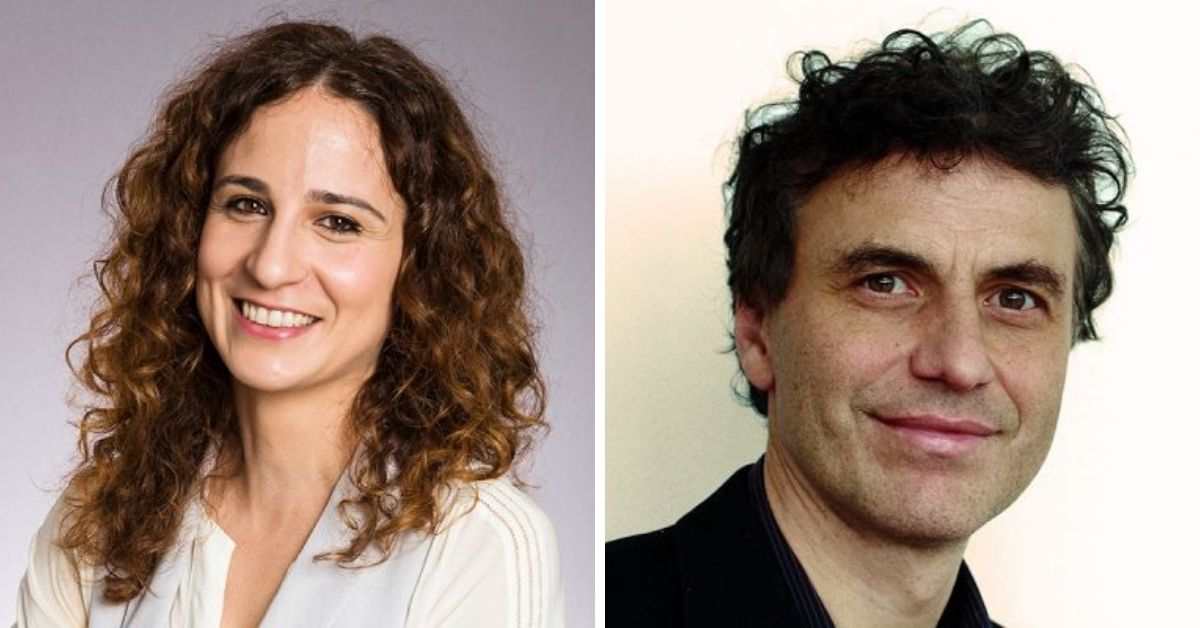Image credit: Cambridge GaN Devices
UK-based Cambridge GaN Devices (CGD), a company that develops transistors and circuits by using the most energy-efficient material – Gallium Nitride (GaN), has raised $9.5M (approx €7.8M) in its Series A round of funding.
Investors in this round
The round was co-led by IQ Capital, Parkwalk Advisors, and BGF. Besides, the Series A round also saw participation from investors including Foresight Williams, Cambridge Enterprise, Martlet Capital, Cambridge Angels, and Cambridge Capital Group.
The investors were advised by Mills&Reeve, a law firm specialising in growing tech businesses. As for CGD, it was advised by Taylor Vinters, a legal and advisory business for the innovation economy.
Use of the funds
The funding will be used by CGD to expand its product portfolio of energy-efficient power devices and to double the size of its team.
Giorgia Longobardi, CEO and founder of CGD, says, “This latest round of investment is a great recognition of our success to date, with new and existing investors confirming the strength of our technology. Since 2016, CGD has grown significantly and we are thrilled to be in a position to deliver several products to market, following decades of industry-leading research in reliability of power devices. This investment will allow us to supplement our experienced team with additional experts and expand our markets globally, creating more sustainable electronics worldwide.”
Everything about Cambridge GaN Devices
CGD is a fabless semiconductor company founded in 2016 by Prof. Florin Udrea and Dr Giorgia Longobardi. It spun-out from the University of Cambridge’s engineering department to exploit technology in power devices.
Its core business is to design, develop, and commercialise power transistors and integrated circuits with the most energy-efficient material available, Gallium Nitride (GaN).
The company claims that GaN power devices perform significantly higher than silicon-based devices, as they enable to reduce the size and weight of power converts and increase energy efficiencies higher than 99 per cent.
CGD is focused on developing GaN devices that can be driven in a similar way to silicon transistors and are easy to use. The company’s technology allows easy control using standard Mosfet drivers as well as micro-controllers with additional smart features and protection functions, fully embedded into its product.
Besides, the company is currently leading a $10M (approx €8.2M) European-funded project – GaNext, with 13 industrial and academic partners across Europe. The project is targeting the design and development on highly efficient, highly compact prototypes of next-generation Gallium Nitride power modules, for low and high power applications.
Growth and development
The power devices market is worth more than $30B (approx €24.8B). And CGD wants a big piece of this market. It is developing a range of GaN transistors that are customised for key applications in market segments such as consumer and industrial Switch Mode Power Supply (SMPS), lighting, data centres, and HEV/EV (electric vehicles).
Nick Mettyear, Investment Manager at Foresight Williams, says, “The team are designing market-leading products with a huge range of practical uses. Their devices will ultimately improve performance, reduce cost and lead to reduced emissions.”
Besides the recent round, CGD has also raised Seed funding and has already received funding for four projects including iUK, BEIS and the European funded GaNext project.







![Read more about the article [Funding alert] Fintech startup MyShubhLife raises Series B round of Rs 100 Cr from Gojo](https://blog.digitalsevaa.com/wp-content/uploads/2022/04/myshubhlife-1649661776952-300x150.png)


